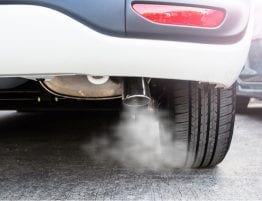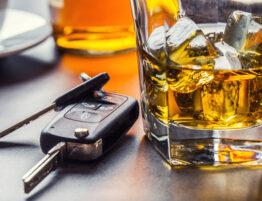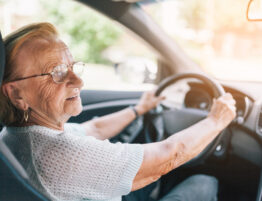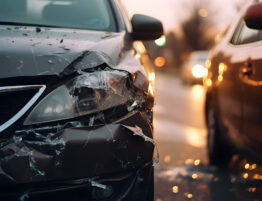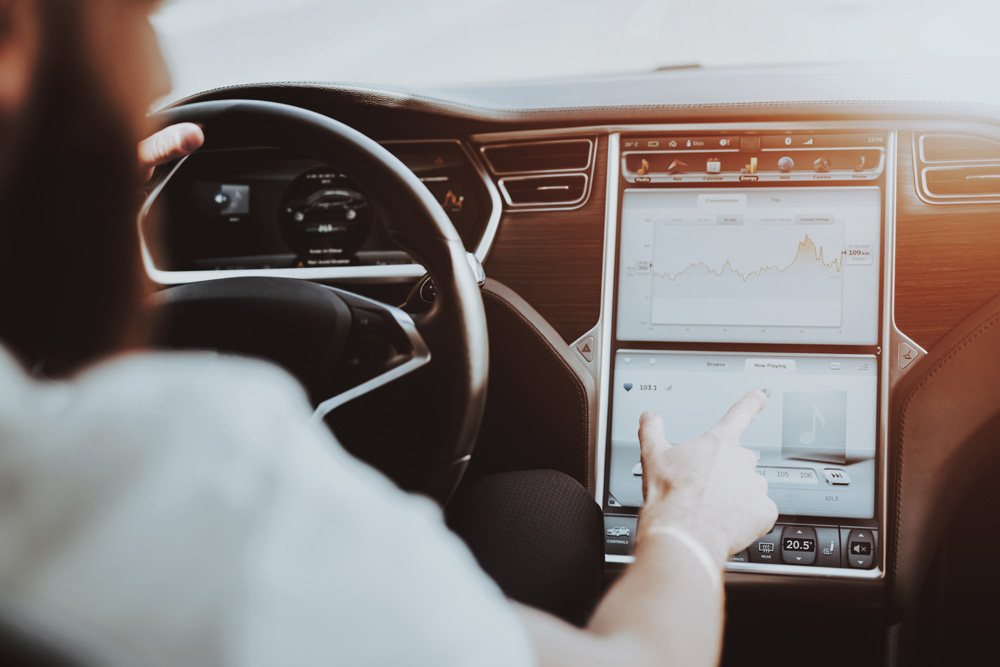
Vehicle technology is advancing, sparking more innovation in self-driving capabilities and other inventive features. However, there are numerous issues to work out before disseminating the future implications for motor vehicles and what it means for victims suffering from self-driving car accident injuries. One of the most challenging matters to resolve in self-driving car accident claims is who may be held liable for the losses you incurred. With the help of an experienced lawyer, you can navigate the legal complexities of your claim and obtain the complete monetary compensation you deserve.
Attorney Frank P. Marsalisi of Marsalisi Law understands that self-driving vehicles are far from perfect and can cause significant lasting consequences for victims of car accidents caused by negligence. With years of experience and millions recovered in settlements and judgments, we are prepared to help you develop a strategic claim to demonstrate liability in a self-driving car accident.
4 Reasons Self-Driving Car Accident Claims Are So Complex
There are unique circumstances that can make self-driving car accident claims complex and, in turn, make it difficult to determine liability. With the help of an experienced lawyer at Marsalisi Law, we can help conduct an extensive investigation into your accident to obtain evidence of negligence. However, challenges may arise due to the unknown development of self-driving capabilities and the lack of regulations.
The following are four reasons self-driving car accident claims are so complex and how Marsalisi Law can help you navigate your claim:
1. Manufacturers Mislabel Features
Due to the lack of regulations regarding self-driving cars, there are not many standards in place to protect drivers. Many states are beginning to pass laws to increase protections, such as the terminology used for automated driving systems. There has been a prevalence of manufacturers mislabeling self-driving vehicle features, and this neglect misleads drivers and may cause harm.
For example, Tesla’s use of the label “autopilot” and “full self-driving” designation were banned in Germany. Presently, no cars can go on autopilot without any human operation on the market; mislabeling these features leads to confusion and serious accidents.
However, the difficulty of establishing liability stems from determining whether it is the responsibility of the car manufacturer to educate drivers on their systems or if the driver is responsible for knowing the features before operating the vehicle.
2. Errors and Misunderstanding Features Related to Self-Driving Vehicles
Self-driving vehicles are still subject to errors that result in many accidents, primarily due to drivers misunderstanding key features. For example, studies have shown that drivers of Tesla’s Model S spend longer periods of time with their eyes off the road when partial automation is engaged. This results in safety risks, especially when systems are still imperfect, with millions of Tesla vehicles being recalled due to issues stemming from design and faulty software.
Self-driving vehicle drivers may still be under the impression that their vehicles operate error-free when they get behind the wheel and can operate the vehicle for you. The danger of causing an accident due to misuse makes self-driving cars risky, especially since there is no driving training to help new drivers understand these features.
3. Unclear Consent
Determining liability in an accident is complex when a self-driving car is involved due to the unclear communication between how driver-assisted features should be used and how drivers use them. With no set consent before operating a self-driving vehicle, liability may still shift to the manufacturers or the car company.
4. Self-Driving Cars Still Require Human Interaction
Liability may be complicated to establish in a self-driving car accident due to the combination of human operation and automation used while driving. If a driver was not interacting with a self-driving car while it operated in full “autopilot,” then responsibility may fall on the manufacturer. However, if human error was present and caused the accident, proving liability could be more challenging.
Speak With an Experienced Self-Driving Accident Lawyer at Marsalisi Law
Self-driving car accident claims may be complex due to the lack of clear standards and regulations governing these vehicles. However, at Marsalisi Law, we are well-versed in Florida car accident laws and have recovered millions on behalf of victims through successful settlements and verdicts. Through a comprehensive investigation, we can help establish liability in a self-driving car accident.
Call us for a no-cost consultation today at (727) 800-5052 or fill out our contact form. We are fluent in both English and Spanish. Marsalisi Law is Where Law Gets Personal!


